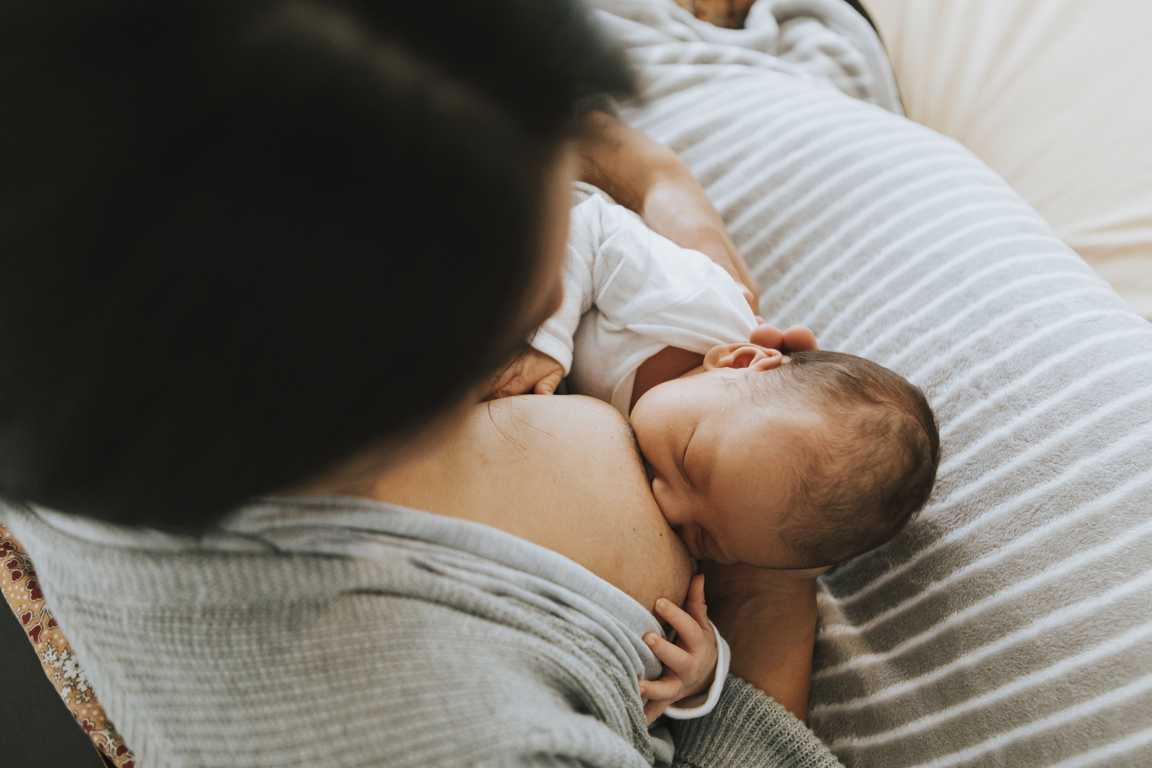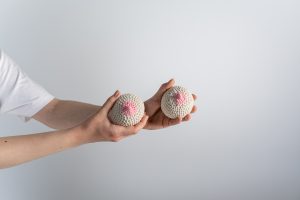You’ve probably blamed hormones for your crazy moods, bad skin, and weight gain while being pregnant. But did you know that the reason these hormones are in overdrive is that they are preparing your body for breastfeeding and breast milk production? Yup, even before giving birth to your little one, your body already is working hard to produce breast milk — the liquid gold that serves the best nourishment for your baby!
What Hormones Are Involved With Breast Milk Production?
Breastfeeding is a complex biological process that demands a good balance of the four major lactation hormones. These are estrogen, progesterone, prolactin, and oxytocin. These hormones are responsible for producing, storing, and ejecting breast milk.
- Estrogen and Progesterone. Both of these hormones are responsible for producing breast milk. They are produced by the placenta while you are pregnant. Their first task is to increase the number and size of milk ducts in your breasts. No wonder your boobs are becoming tender and growing. After delivering your baby, estrogen and progesterone will be in charge or regulating milk production.
- Prolactin. This hormone also helps in making breast milk. Prolactin levels will only increase once you have given birth. This signals the breast to make and store breast milk. In order to keep prolactin levels high, breastfeeding and pumping frequently are encouraged.
- Oxytocin. The release of breast milk is done primarily by oxytocin. This is triggered by a baby’s latch and suction, signaling the release of breast milk on your breast.
Phases of Lactation
Milk production or lactogenesis happens at different stages — from the moment you conceive up until you have given birth! Your breasts go through different phases to prepare your body for breastfeeding. Here are the stages:
- Lactogenesis I – this happens at your 15th to 20th week of pregnancy. At this phase, your hormones go in hyperdrive in preparation for milk production. Components of breast milk can already be made at this point. Halfway through your pregnancy, you may even notice some leaking happen. This is colostrum, which is essentially your breast milk that contains additional antibodies that can boost your baby’s immunity!
- Lactogenesis II – Once your baby is delivered, milk production goes into the second stage. Prolactin and other hormones like insulin, cortisol, thyroxine, and oxytocin are released and work together to prepare for actual breastfeeding. You may notice a significantly fuller breast 2 to 4 days after giving birth.
- Lactogenesis III – Unlike the first two stages, this phase relies on how much you breastfeed or pump breast milk. For continuous and adequate supply of breast milk, frequent breastfeeding is encouraged.
A successful breastfeeding journey starts with early preparation. Here are the things you may need to prepare now before you start breastfeeding:
- Nursing bras
- Nipple and breast pain relief products like nipple balms or breast milk catchers
- Breast pumps and other breastfeeding equipment
All the changes and phases your breasts go through during pregnancy can be overwhelming. But with the right techniques and preparation, you will be able to breastfeed like a champ! Want to know more about the anatomy and physiology of breastfeeding? We have a comprehensive article which details all the biological changes and processes your breasts go through. Read more about it here!






